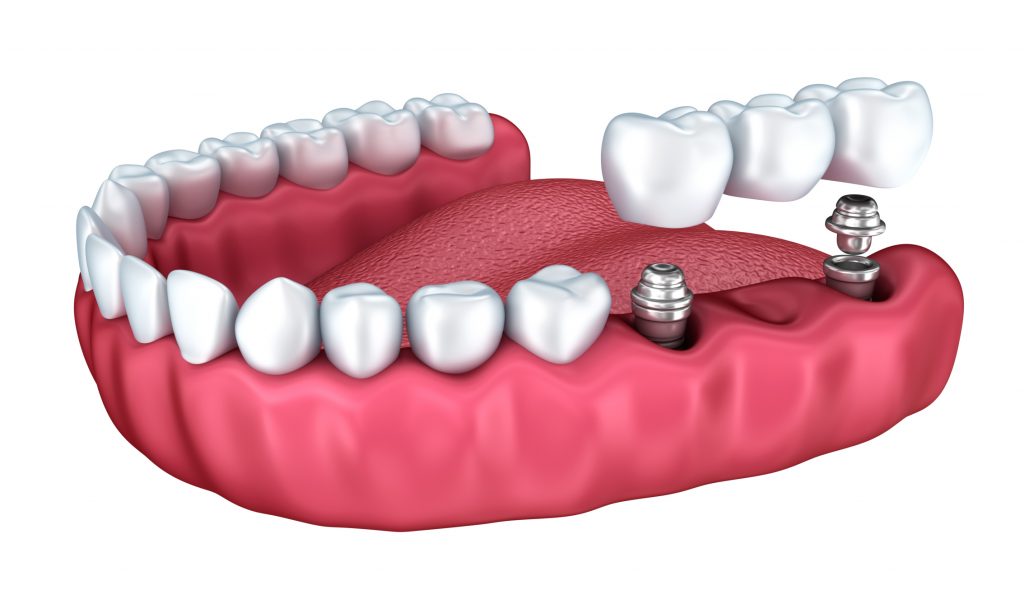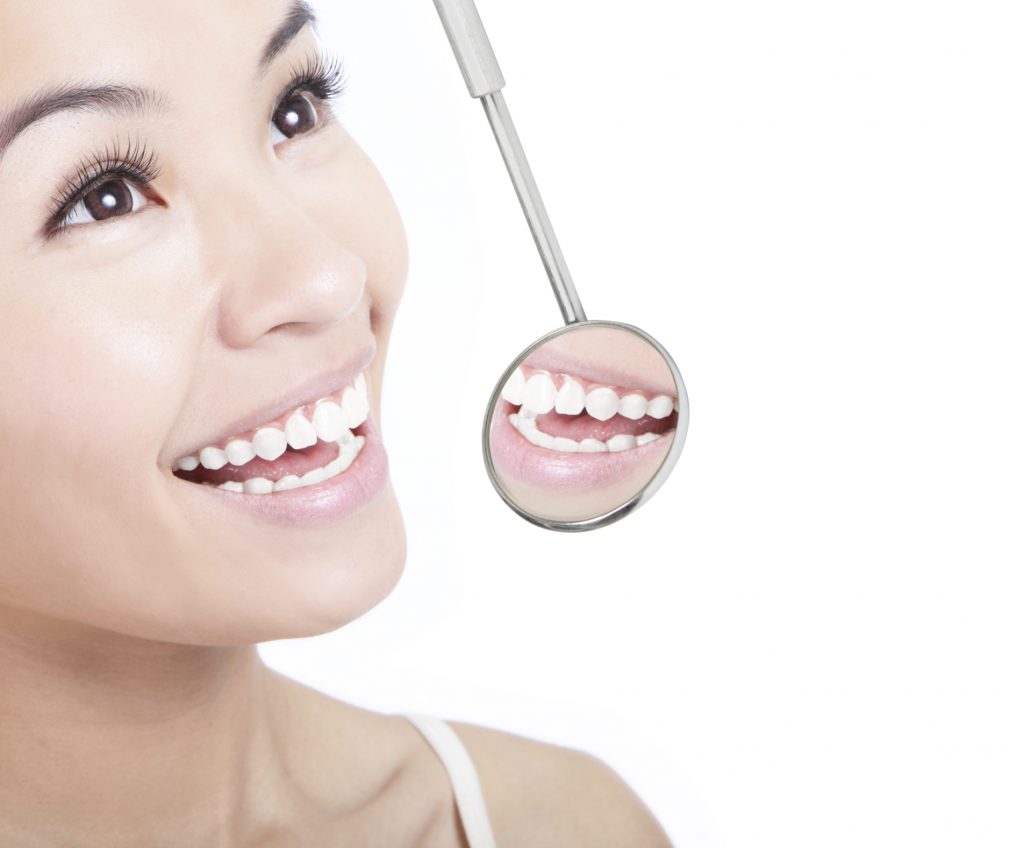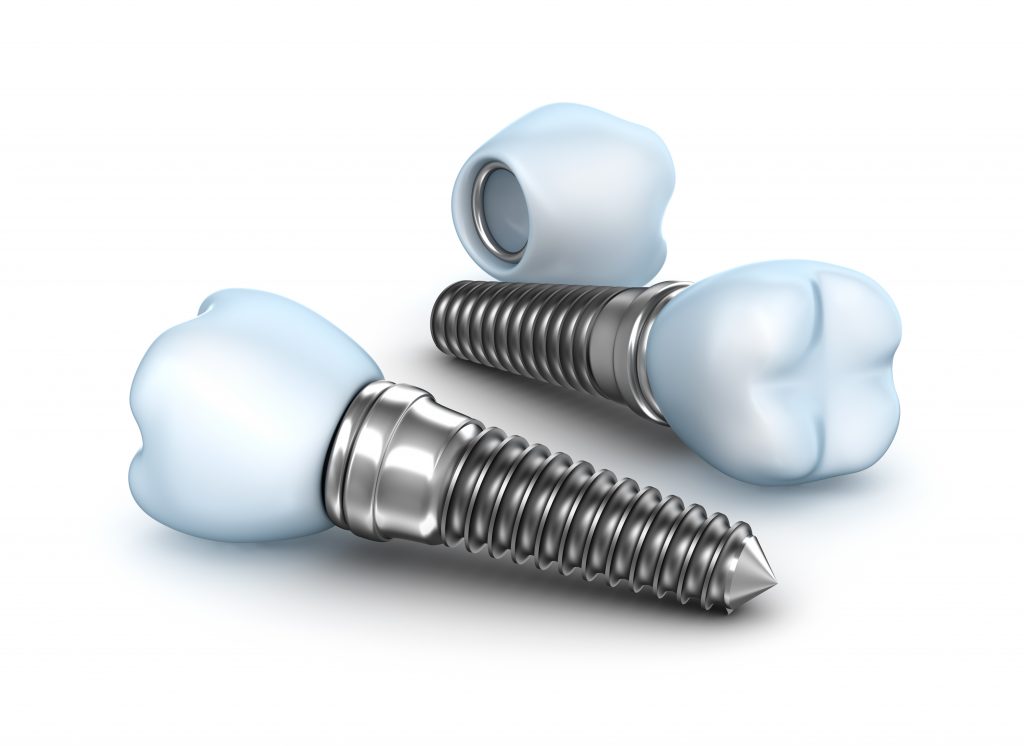
Over 34 million Americans currently suffer from diabetes – and that’s not counting those that haven’t been diagnosed. Because of this, it is no surprise that many of us are focused on keeping ourselves healthy as much as possible. But did you know that diabetes is directly affected by our oral health, and vice versa? It’s true. Diabetes is a disease focused on sugar levels, and sugar is terrible for our oral health. See, how this can become an issue? Our mouths are the main line of defense to many of our illnesses, so if it becomes compromised, our overall health is affected.
November is National Diabetes Month, so to celebrate, let’s take a look at just how closely diabetes and our oral health is linked. One symptom of diabetes is being excessively thirsty. If you are thirsty, you are not producing saliva, the main defense against bacteria. These bacteria are left to create cavities and other dental issues like gum disease. Bleeding and inflamed gums are common symptoms of gum disease and because diabetes make it harder for wounds to heal, you are more susceptible to more issues if left untreated.
Thankfully, your periodontist will be able to help with this cyclical predicament, but it starts with an appointment. By treating gum disease, you are going to help keep your blood sugar levels in check much easier, as gum disease increases these levels but is rarely taken into account. Proper dental hygiene (including dentures), changing bad habits like smoking and poor diet, and in-office deep cleanings will keep your smiles healthy and diabetes in check.
If you would like more information about diabetes, call Dr. Cabrera in Chicago, IL at 312-994-7939 or visit www.perioimplantchicago.com.
Dr. Peter O. Cabrera proudly serves Chicago and all surrounding areas.








